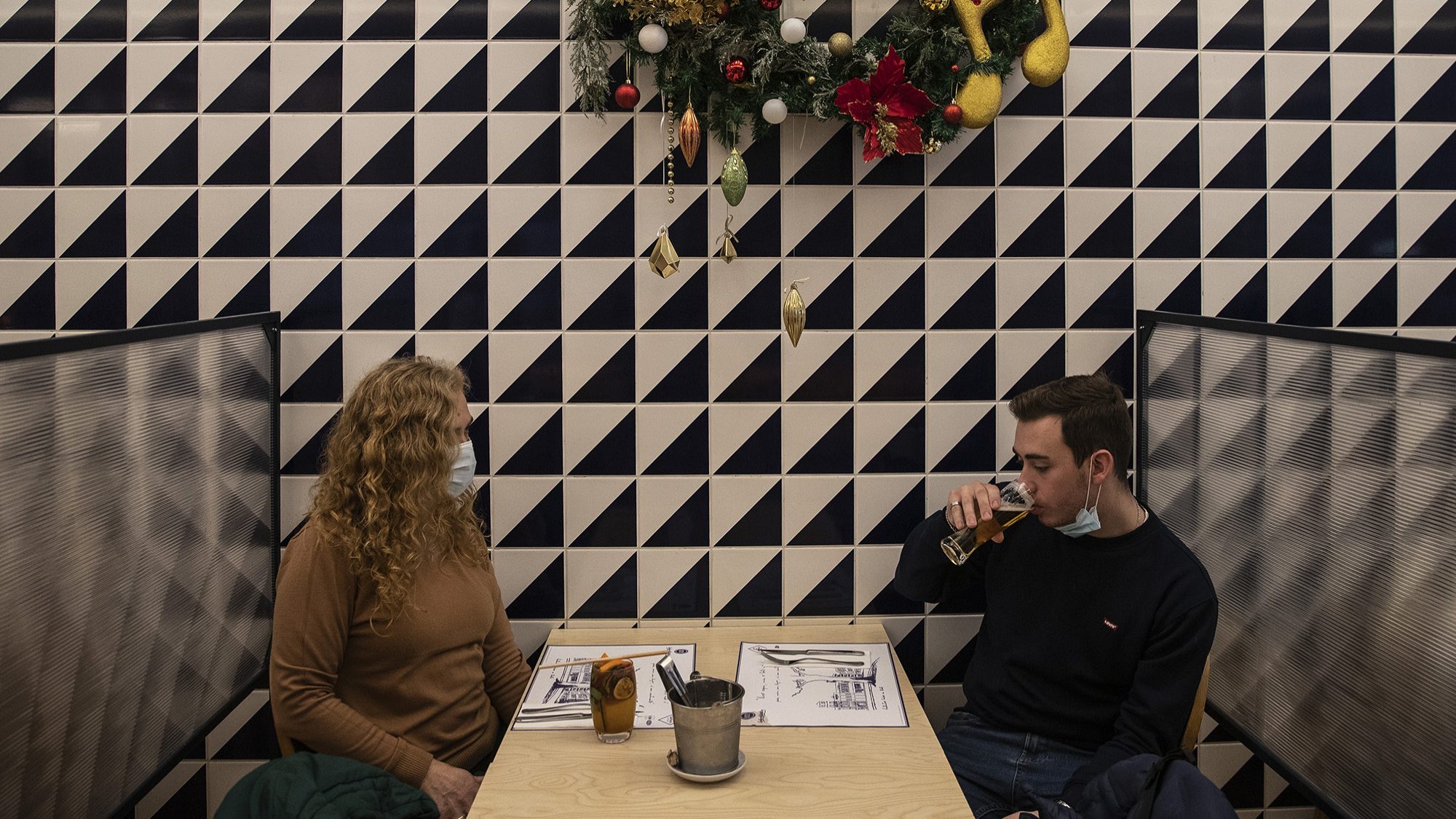Portugal’s latest pandemic easing measures
The Portuguese government on Thursday decided to approved the easing of measures that it considers to be "another step towards a return to normal life".
The improvement of several indicators of the Covid-19 pandemic has led the Portuguese government on Thursday to approve an easing of measures that it considers to be “another step towards a return to normal life”.
According to data presented this Thursday by the executive, the transmissibility index (Rt) – which estimates the number of secondary cases of infection resulting from each person carrying the virus – is now at 0.76. The accumulated incidence at seven days has fallen to 1,302.7 cases of infection per 100 000 inhabitants.
Also falling is the number of hospitalisations in wards and intensive care units, which, according to today’s bulletin of the health authority, fell to 2,022 hospitalisations, of which 132 in intensive care units.
The number of deaths, according to the government, remains high, which prevents, for now, the total lifting of restrictions, which should happen when the country reaches 20 deaths at 14 days per million inhabitants, the threshold set by the European Centre for Disease Control and Prevention (ECDC).
Mainland Portugal goes on alert
Portugal will no longer be in a calamity situation but in an alert situation, the lowest level of response to catastrophic situations of the Civil Protection Framework Law, which will remain in force until March 7.
The calamity situation, the highest level of response, had been in force since December 1, 2021.
Digital certificate no longer required in restaurants and hotels
The digital certificate will no longer be required for access to restaurants and hotel establishments, remaining mandatory only for border control.
On November 25, when announcing new measures to contain the spread of infections, the Government decided that the access to these establishments depended – as of December 1 – on the presentation of this proof.
This measure has remained in force ever since, and the Government has now decided to eliminate it, in view of the recommendations of the experts heard at the Infarmed meeting held on Wednesday.
Entry to bars and nightclubs without negative test
The entrance to bars and discotheques will no longer be conditional on the requirement of a negative test, the same happening for access to major events and sports venues.
Bars and nightclubs reopened on January 14, after a three-week closure as part of measures to contain the pandemic, with customers without a booster dose of the vaccine having to present a negative test to enter.
Negative test for nursing home and hospital visits and masks inside remain
The negative test for the SARS-CoV-2 coronavirus is maintained for visits to nursing homes and healthcare facilities, as these are especially vulnerable groups, as is the requirement to wear masks indoors.
High-risk contacts will no longer be kept in isolation
High-risk contacts will no longer have to remain in isolation; only people who test positive for the SARS-CoV-2 coronavirus will now be in isolation.
According to the government, from the entry into force of the resolution approved today, confinements are only for people who test positive, whether or not they have symptoms.
Shopping centres with no limitations on the number of clients inside
Retail spaces will no longer have limitations on the number of customers inside.
Until now, the limitation has been one client per five square metres.
Remote Working is no longer recommended
The Cabinet also decided that remote working is no longer recommended, and that “normality” will be back in force.
Remote working had ceased to be mandatory and was “recommended” as of January 14th.

